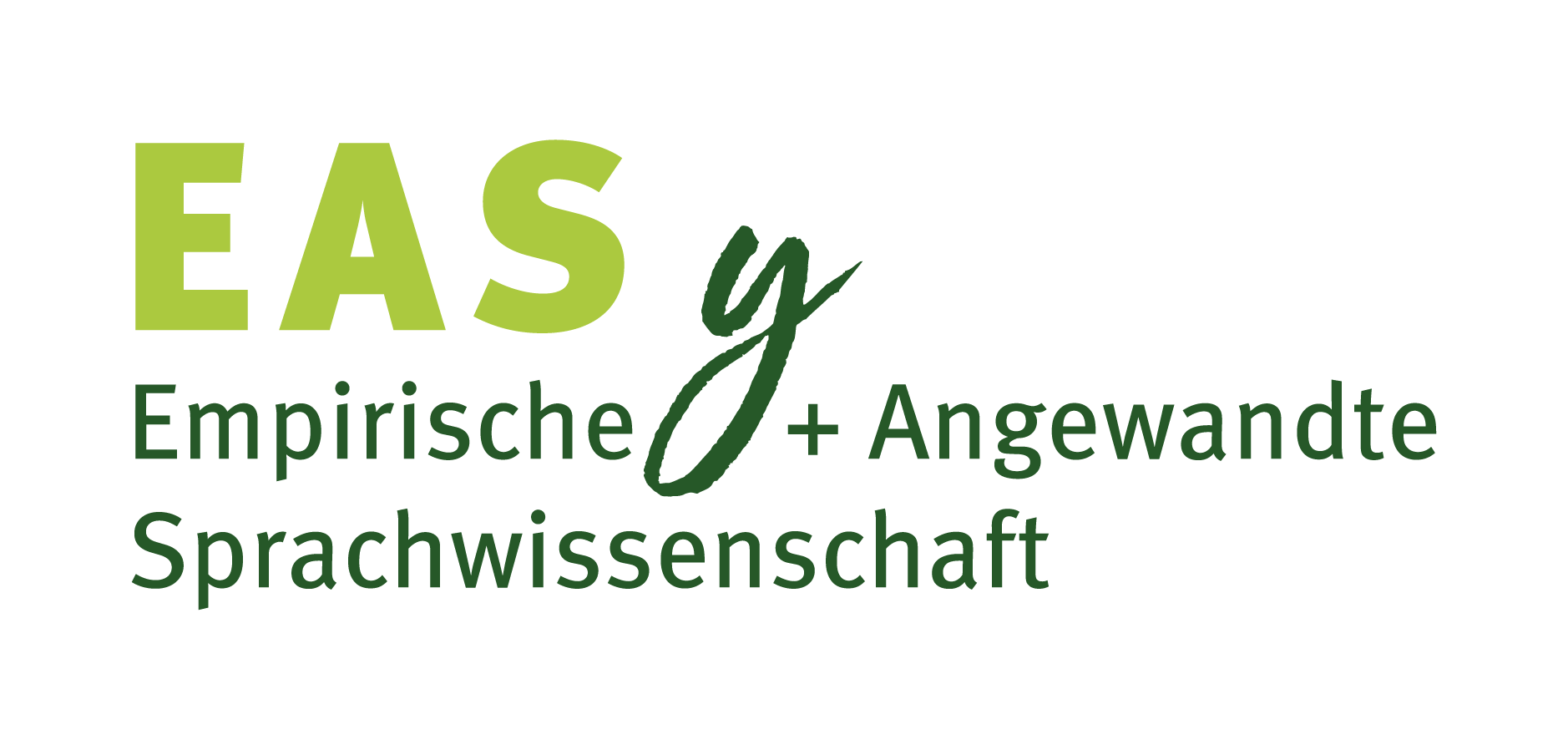The Institute of Slavic Studies at Bispinghof focuses on the languages and literatures of the Slavic cultural area in the past and present. Russian, Polish and Czech can be chosen as focus languages of the Bachelor in Slavic Studies.
As in the other linguistic disciplines at Faculty 09, Slavic linguists in Münster mainly apply empirical methods. Language corpora, speaker surveys and experiments play a major role, and working with them is also practiced in the courses. Research interests focus on questions of variation and psycholinguistics as well as language history. A special feature is the focus on translation, which is reflected in corresponding courses and research projects. In the Slavic linguistics courses, a comparative view is taken whenever possible, through which the linguistic phenomenon in focus is compared within the (relatively closely related) Slavic languages - and, where appropriate, beyond. Another focus of teaching is Slavic-German multilingualism and research into its traces in the varieties of Russian, Polish and Czech as well as in language processing and in the development of language communities.
Our reference library offers an extensive selection of primary and secondary literature.
A special feature is the additional Balticist and Finno-Ugric holdings.
The supervision of the Slavic focus in the study of “Empirical and Applied Linguistics” lies with Jun.-Prof. Dr. Christina Clasmeier. On the website of the institute you will find more information on the Slavic courses, as well as on the subject and studies.


